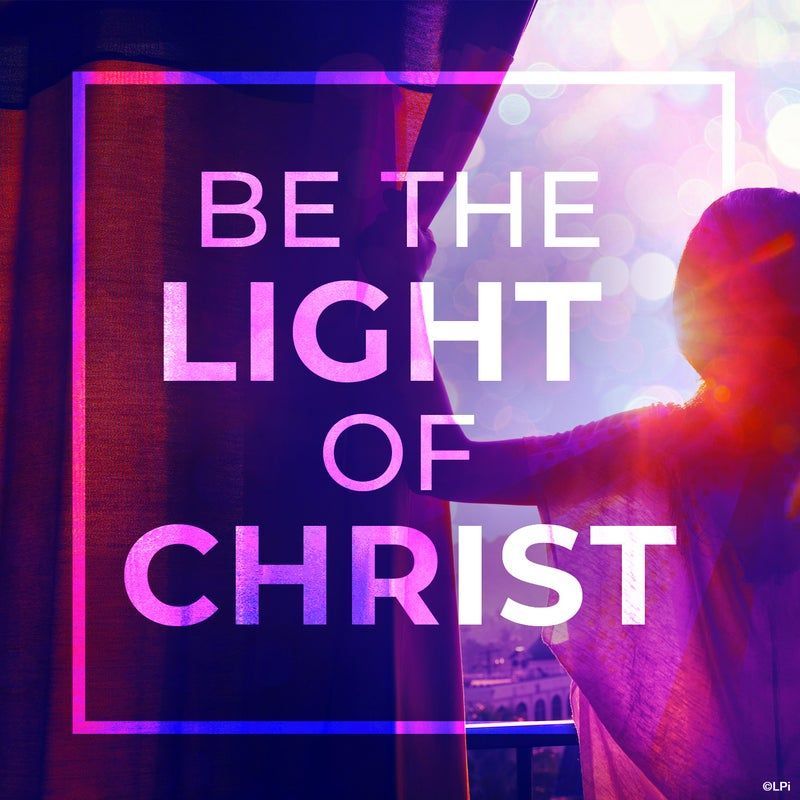30THSunday B October 27, 2024
30 TH Sunday B
October 27, 2024
Last Saturday I attended a poetry reading at SUNY. The poet Stephen Kuusisto is legally blind. He read for us some of his poetry. At the Q and A someone asked him how he can be so filled with joy. He told us that he finds joy in so many things in life. As I listened, his joy seemed to bubble over. Here is a man who is totally dependent due to his disability, and he is full of joy. Our scriptures today speak of joy. Jeremiah encourages us to “Shout for joy.” The psalm reminds us that: “The Lord has done great things for us; we are filled with joy.” Joy is one of the fruits of the spirit, Stephen Kuusisto, Jeremiah, and the Psalmist are full of the spirit. They are full of joy.
In the gospel we meet the blind man Bartimaeus, we are not told he is full of joy, but he certainly is determined. When he is told that Jesus is near, he calls out. The disciples try to stop him. For some reason, they don’t want Jesus to hear the cries of this beggar. Bartimaeus calls Jesus “the son of David” a messianic title. The one who can’t see light sees clearly “The light of the world” when he is near him. This blind man sees better than the disciples. When he is invited to come forward Bartimaeus leaves behind his cloak, his only possession in the world. Unlike James and John, he gives up all to follow Jesus, when asked what he wants Bartimaeus asks to see, unlike James and John, who sought a seat of honor, he asks to see Jesus as he is. After he receives his vision, he chooses to follow Jesus on the way to the cross.
We are not told of the joy of Bartimaeus, but we can sense the joy as he receives his vision and a new life as a disciple. The blind man, Bartimaeus, has become a disciple and he is full of joy.






